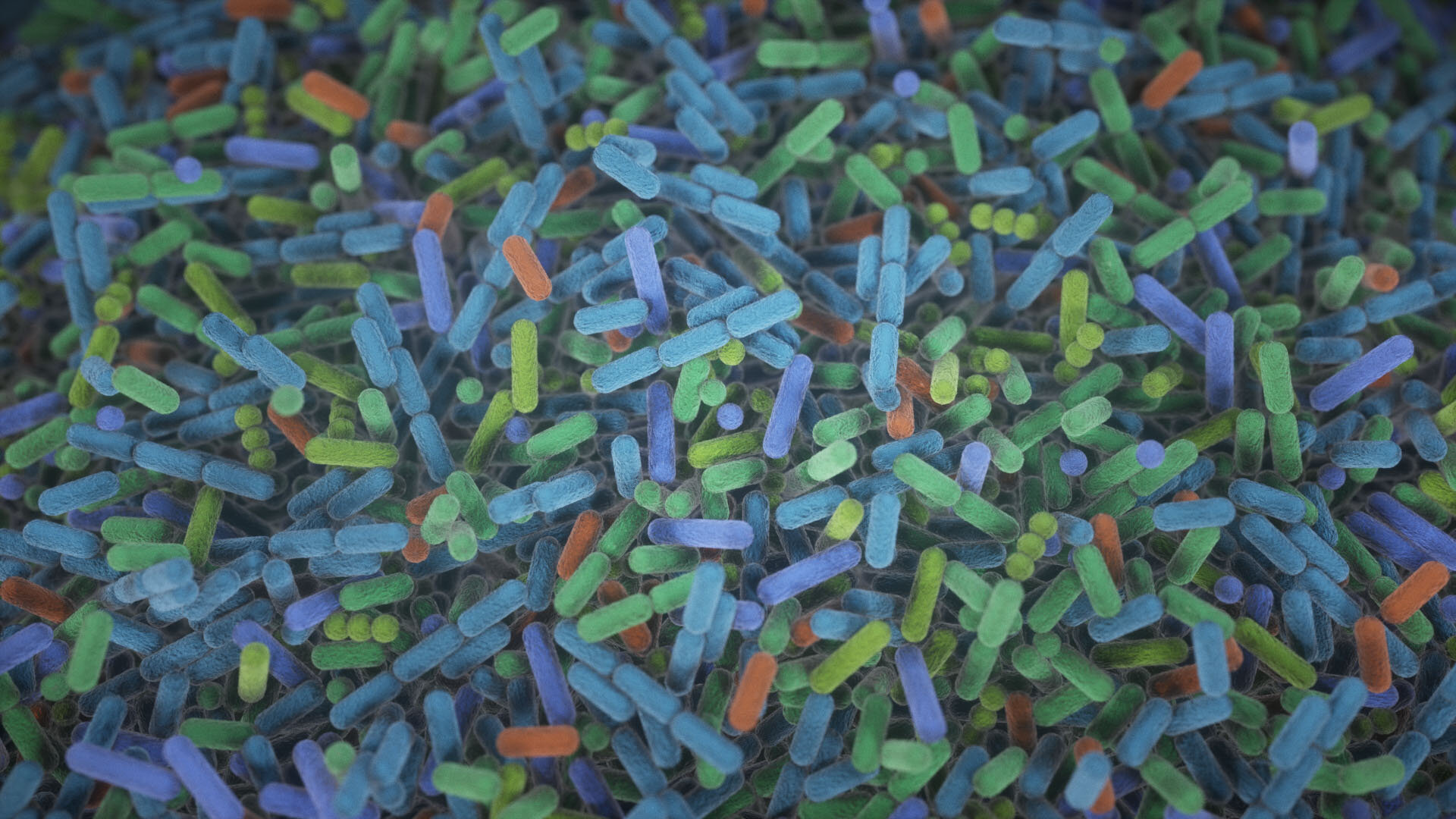
For nearly a century, laboratory studies have shown consistent results: eat less food, or eat less often, and an animal will live longer. But scientists have struggled to understand why these kinds of restrictive diets work to extend lifespan, and how to best implement them in humans.
Now, in a long-awaited study appearing in the Oct. 9 issue of Nature, scientists at The Jackson Laboratory (JAX) and collaborators tracked the health of nearly 1,000 mice on a variety of diets to make new inroads into these questions.
The study was designed to ensure that each mouse was genetically distinct, which allowed the team to better represent the genetic diversity of the human population. By doing so, the results are made more clinically relevant, elevating the study to one of the most significant investigations into aging and lifespan to date.
The study concluded that eating fewer calories had a greater impact on lifespan than periodic fasting, revealing that very-low-calorie diets generally extended the mice’s lifespan regardless of their body fat or glucose levels—both typically seen as markers of metabolic health and aging.
Surprisingly, the mice that lived the longest on the restrictive diets were those that lost the least weight despite eating less. Animals that lost the most weight on these diets tended to have low energy, compromised immune and reproductive systems, and shorter lives.
“Our study really points to the importance of resilience,” said Gary Churchill, Karl Gunnar Johansson Chair and professor at JAX who led the study.
“The most robust animals keep their weight on even in the face of stress and caloric restriction, and they are the ones that live the longest. It also suggests that a more moderate level of calorie restriction might be the way to balance long-term health and lifespan.”
Churchill and his colleagues assigned female mice to any of five different diets: one in which the animals could freely eat any amount of food at any time, two in which the animals were provided only 60% or 80% of their baseline calories each day, and two in which the animals were not given any food for either one or two consecutive days each week but could eat as much as they wanted on the other days.
Then, the mice were studied for the rest of their lives with periodic blood tests and extensive evaluation of their overall health.
Overall, mice on unrestricted diets lived for an average of 25 months, those on the intermittent fasting diets lived for an average of 28 months, those eating 80% of baseline lived for an average of 30 months, and those eating 60% of baseline lived for 34 months.
But within each group, the range of lifespans was wide; mice eating the fewest calories, for example, had lifespans ranging from a few months to four and a half years.
When the researchers analyzed the rest of their data to try to explain this wide range, they found that genetic factors had a far greater impact on lifespan than diets, highlighting how underlying genetic features, yet to be identified, play a major role in how these diets would affect an individual person’s health trajectory.
Moreover, they pinpointed genetically-encoded resilience as a critical factor in lifespan; mice that naturally maintained their body weight, body fat percentage and immune cell health during periods of stress or low food intake, as well as those that did not lose body fat late in life, survived the longest.
“If you want to live a long time, there are things you can control within your lifetime such as diet, but really what you want is a very old grandmother,” Churchill said.
The study also cast doubt on traditional ideas about why certain diets can extend life in the first place. For example, factors like weight, body fat percentages, blood glucose levels and body temperature did not explain the link between cutting calories and living a longer life. Instead, the study found that immune system health and traits related to red blood cells were more clearly connected to lifespan.
Importantly, those findings mean that human studies of longevity—which often use metabolic measurements as markers for aging or youthfulness—may be overlooking more important aspects of healthy aging.
“While caloric restriction is generally good for lifespan, our data show that losing weight on caloric restriction is actually bad for lifespan,” Churchill explained.
“So, when we look at human trials of longevity drugs and see that people are losing weight and have better metabolic profiles, it turns out that might not be a good marker of their future lifespan at all.”
More information:
Gary Churchill, Dietary restriction impacts health and lifespan of genetically diverse mice, Nature (2024). DOI: 10.1038/s41586-024-08026-3. www.nature.com/articles/s41586-024-08026-3
Citation:
Wide-ranging mouse study uncovers new details about how eating less can extend lifespan (2024, October 9)
retrieved 16 October 2024
from https://medicalxpress.com/news/2024-10-wide-ranging-mouse-uncovers-lifespan.html
This document is subject to copyright. Apart from any fair dealing for the purpose of private study or research, no
part may be reproduced without the written permission. The content is provided for information purposes only.


